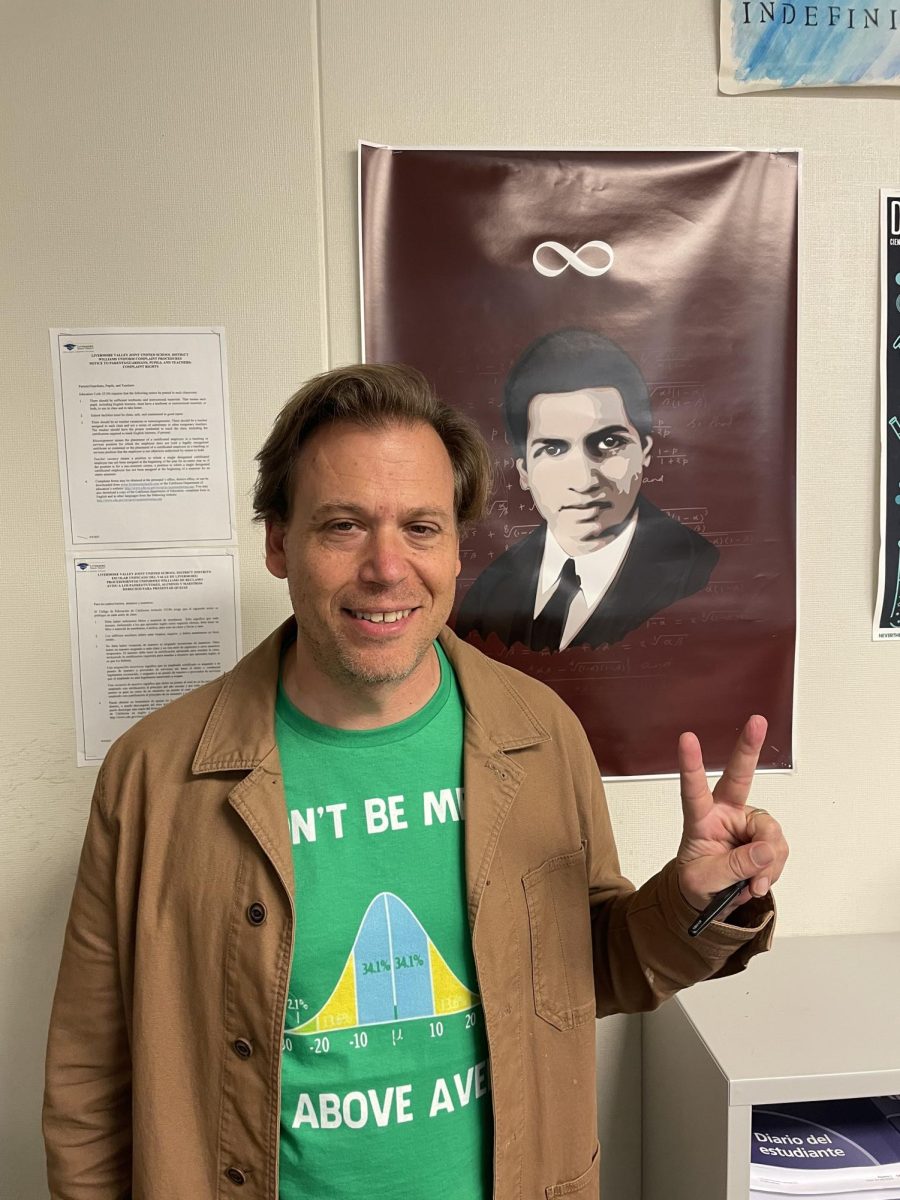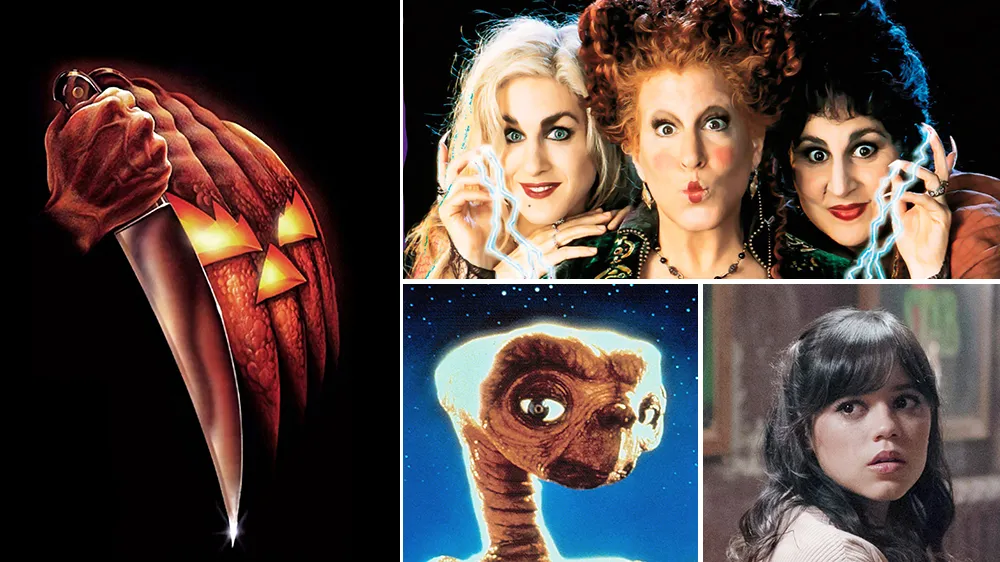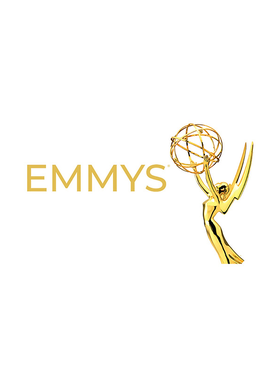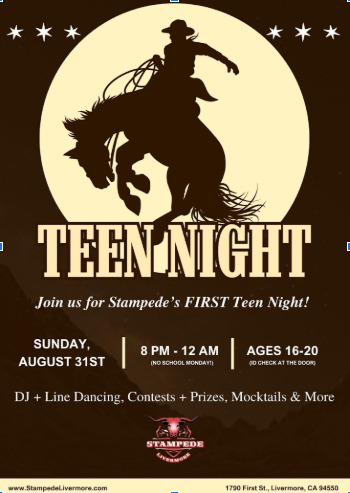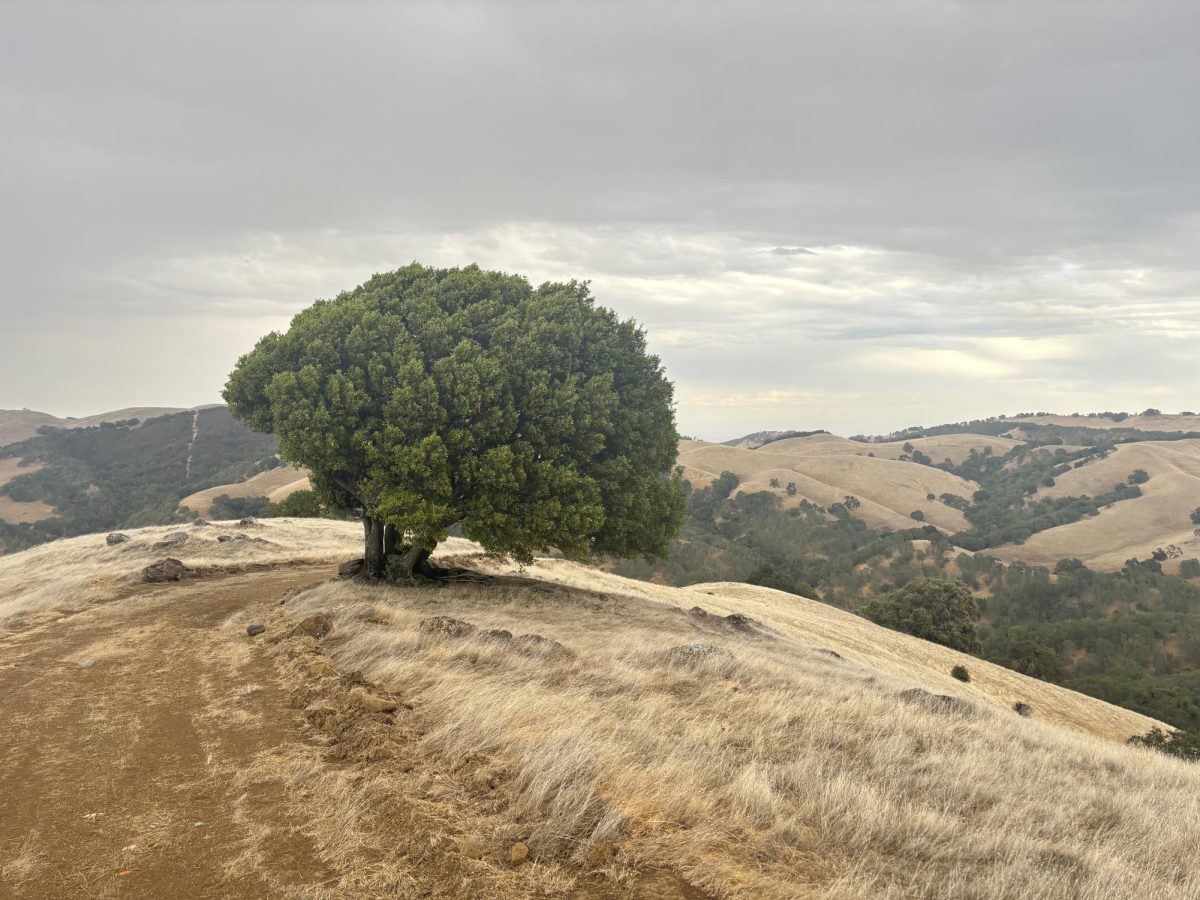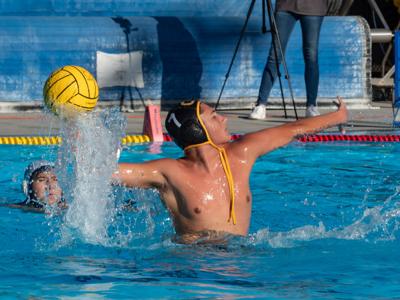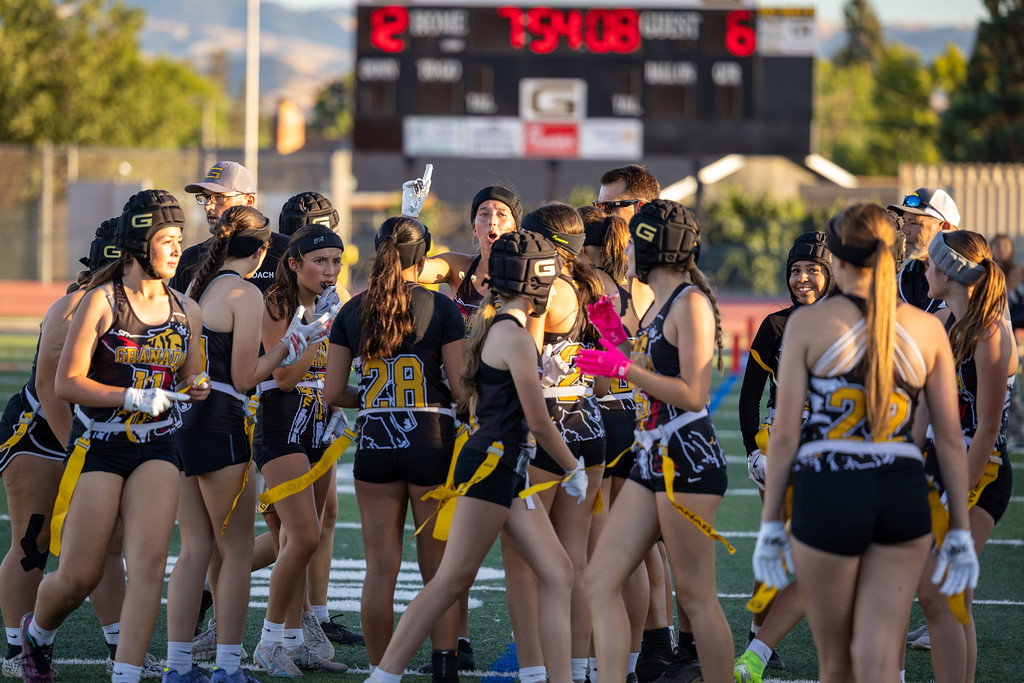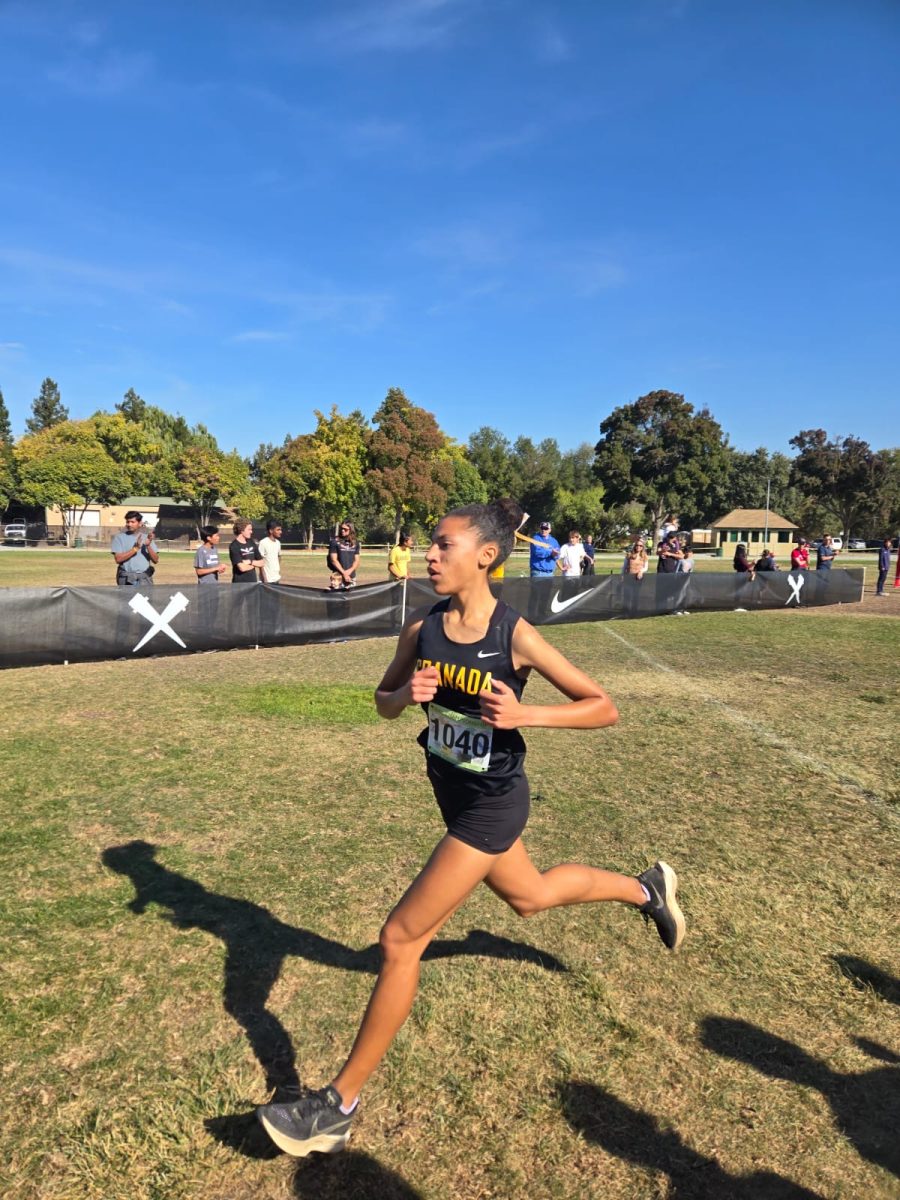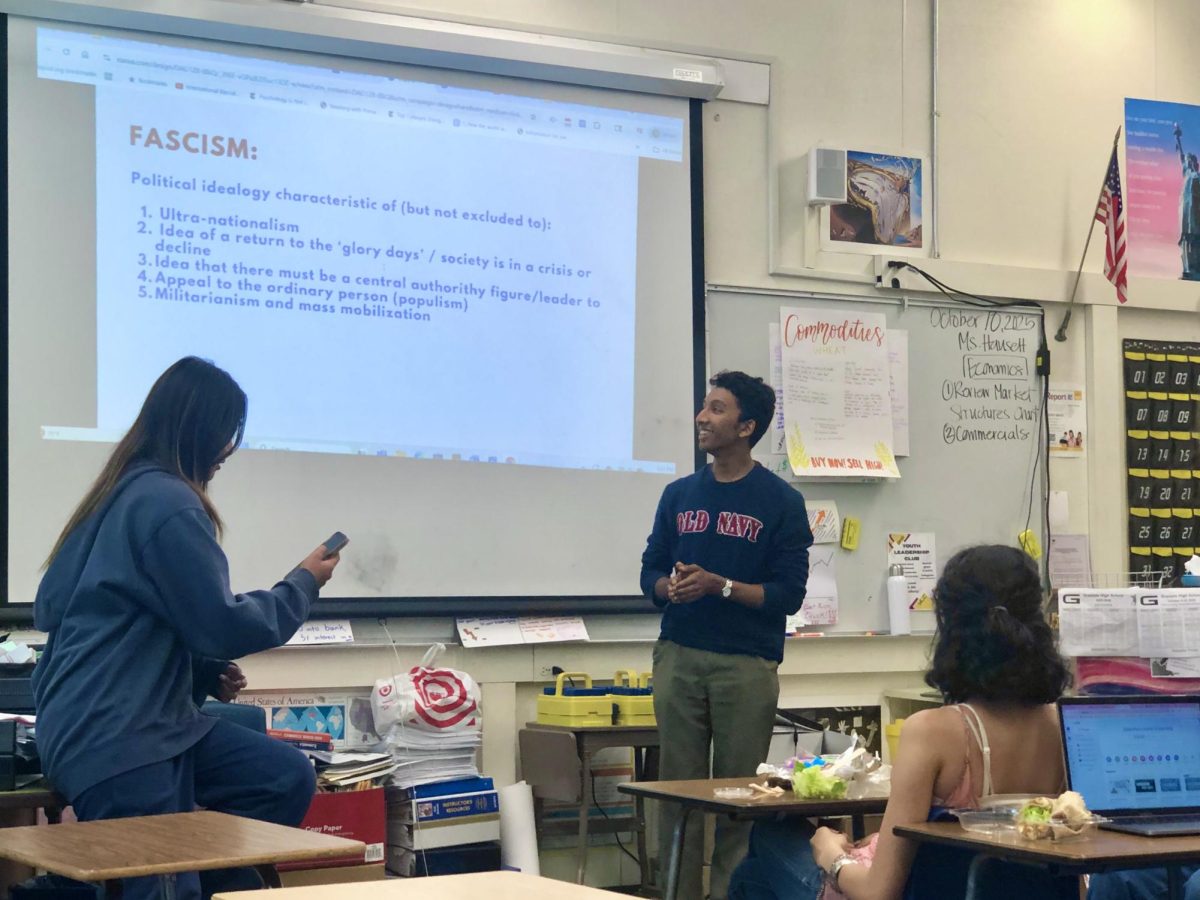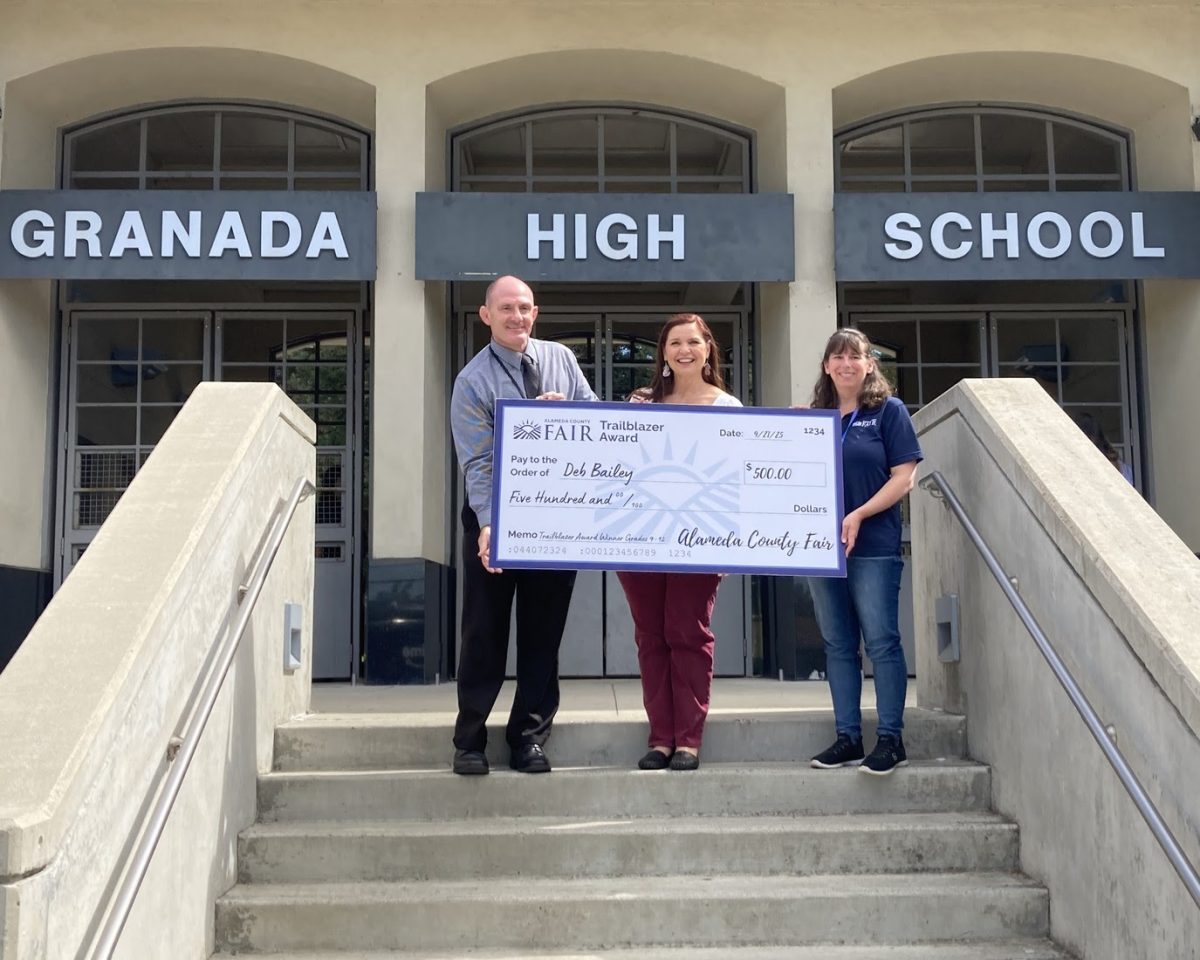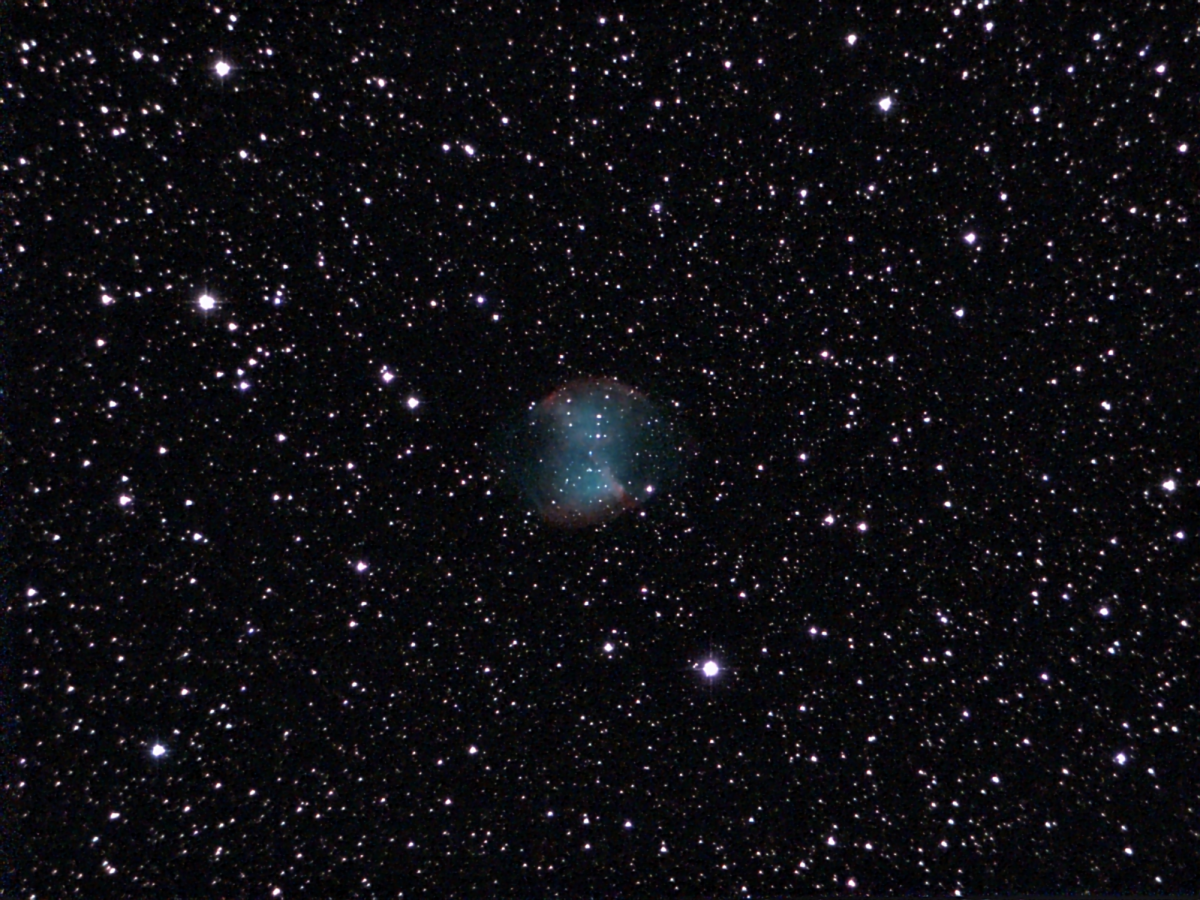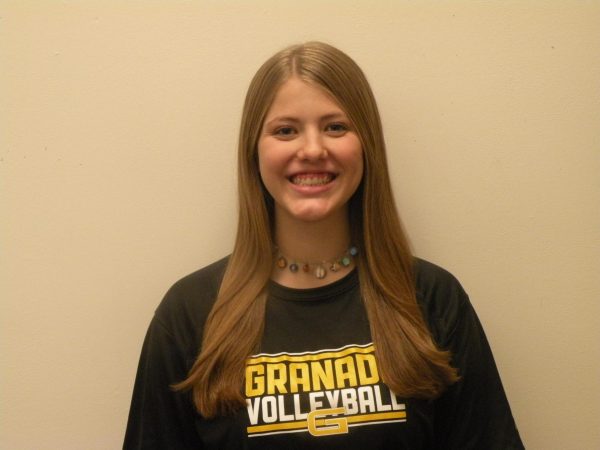October 18th at 6:45 marked the beginning of Astronomy Night at the Livermore Civic Center Library. It started with a brief presentation, followed by stargazing behind the building. Interesting sights included a massive “shooting star,” Saturn, Jupiter and three of its moons, and other interesting celestial bodies.
“The easiest way to tell if someone is an astronomer is if they look up at the sky every time they go outside,” stated Jennifer Siders, professor of physics and astronomy from Las Positas College and member of the Tri-Valley Stargazers. She joined after her husband and son found a telescope in a garage that had belonged to a relative. “We joined the club to kinda learn how to use it, and clean it,” and the rest is history.
Ross Gaunt, another member, joined the Stargazers because he’s been interested in astronomy since he was a kid. “[He] grew up in Denver, and every month [he’d] go to the planetarium.” He joined the club and purchased a large telescope for the eclipse in 2017. Ron Kane, president of the Tri-Valley Stargazers, joined because “it’s a good technical group, good social interaction, and a good hobby.”
After Professor Siders finished her introduction, the group, consisting of about 50 people of all ages, made their way outside to the back parking lot of the library. There, 5 telescopes were set up. Three of the telescopes were conventional, which means to see what the telescope sees and look into the eyepiece. The other two telescopes, however, are digital. This means the viewer can see “exactly what the telescope is seeing,” noted Gaunt, gesturing to an iPad with a picture of a nebula.
Professor Siders divulged that her favorite part about astronomy is that “looking at stuff through the telescopes is like looking into the past,” meaning that the light currently entering the telescope is lightyears away, so the structure of the forms we can see here on Earth may be completely different. She compared this to the idea that “if someone could turn the sun off, it would take 8.3 minutes before we would notice that.” She claimed that digital telescopes are better for deeper space exploration and help to get a clearer look into the past.
Ron Kane commented that his favorite part about astronomy is “getting to see things [he hasn’t] seen before,” and he loves astronomy night, but his favorite part is when “kids, even parents, come up and take a look through the eyepiece and say ‘Wow!’” Gaunt is glad that astronomy night can “get other people interested in science, we need scientists really bad… and scientists are who we’ll need mostly in the future.”
If you or someone you know is interested in astronomy or space, consider visiting the Tri-Valley Stargazers website, at www.trivalleystargazers.org/.

